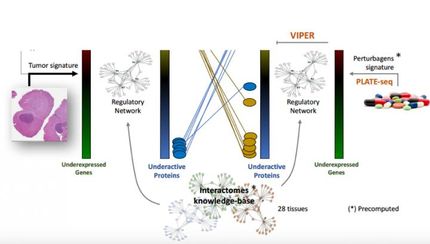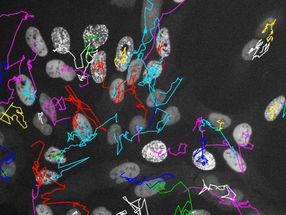Tibotec Pharmaceuticals Ltd. presented data on investigational HIV Compounds
Tibotec presented interim Phase IIB results on TMC114, a protease inhibitor (PI) studied in heavily treatment-experienced patients. Tibotec also presented data on a novel class of nucleotide-competitive reverse transcriptase inhibitors (NcRTIs). The company is also developing a compound for tuberculosis, an important opportunistic infection related to HIV/AIDS, and in 2004 it provided a royalty-free license to the International Partnership on Microbicides for TMC 120, which is being studied for use as a topical HIV preventative.
Data from a 24-week interim analysis of two phase IIB (dose-finding), randomized trials of the a novel protease inhibitor TMC114 boosted with ritonavir (TMC114/RTV) in patients with experience of at least 3 classes of antiretrovirals and 1 or more primary PI mutations resulted in a mean reduction in plasma HIV RNA of -1.85 log(10) in the highest dose group, compared to a reduction of - 0.27 log(10) in the control group. After 24 weeks, the percentage of patients reaching undetectable virus levels (<50 copies/ml) ranged from 30% to 47% in the TMC114/RTV arms, compared with 10% in the control arm. The most common adverse events were headache and diarrhea, which were 17% and 14% respectively across all TMC114/RTV arms compared with 23% and 20% in the control arm.
"The greatest challenge for treatment of HIV in the United States is to find novel compounds that work in patients with resistant viral strains. TMC 114 was developed to have activity against resistant HIV. Although further testing is necessary, these results in highly treatment-experienced patients are encouraging," said Dr. Richard Haubrich, University of California, San Diego, CA who presented the data at CROI.
Tibotec scientists also reported on the in vitro activity of Nucleotide-competitive Reverse Transcriptase Inhibitors (NcRTIs) a new investigational class of reverse transcriptase inhibitors that are believed to be different from nucleoside reverse transcriptase inhibitors (NRTIs) and non- nucleoside reverse transcriptase inhibitors (NNRTIs). Although structurally unrelated to nucleosides (or nucleotides) these new reverse transcriptase inhibitors nonetheless competitively inhibit reverse transcriptase, as do nucleoside analogues. Hence the designation NcRTIs, nucleotide-competing reverse transcriptase inhibitors.
Most read news
Topics
Organizations
Other news from the department science

Get the life science industry in your inbox
By submitting this form you agree that LUMITOS AG will send you the newsletter(s) selected above by email. Your data will not be passed on to third parties. Your data will be stored and processed in accordance with our data protection regulations. LUMITOS may contact you by email for the purpose of advertising or market and opinion surveys. You can revoke your consent at any time without giving reasons to LUMITOS AG, Ernst-Augustin-Str. 2, 12489 Berlin, Germany or by e-mail at revoke@lumitos.com with effect for the future. In addition, each email contains a link to unsubscribe from the corresponding newsletter.























































